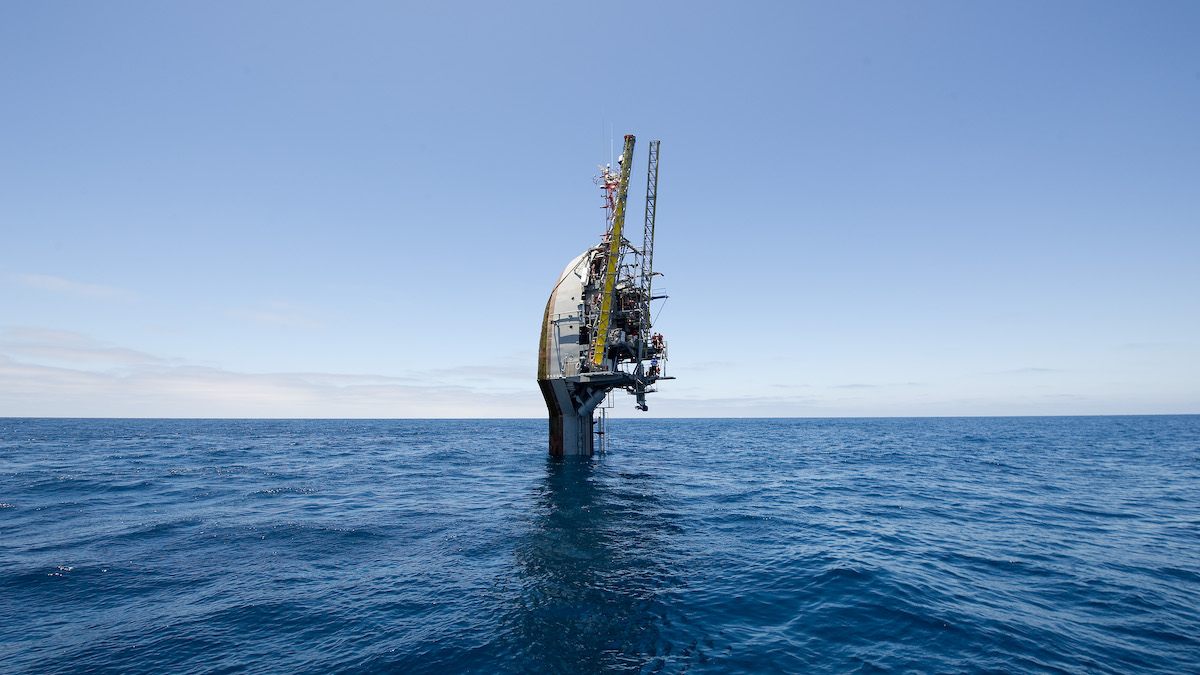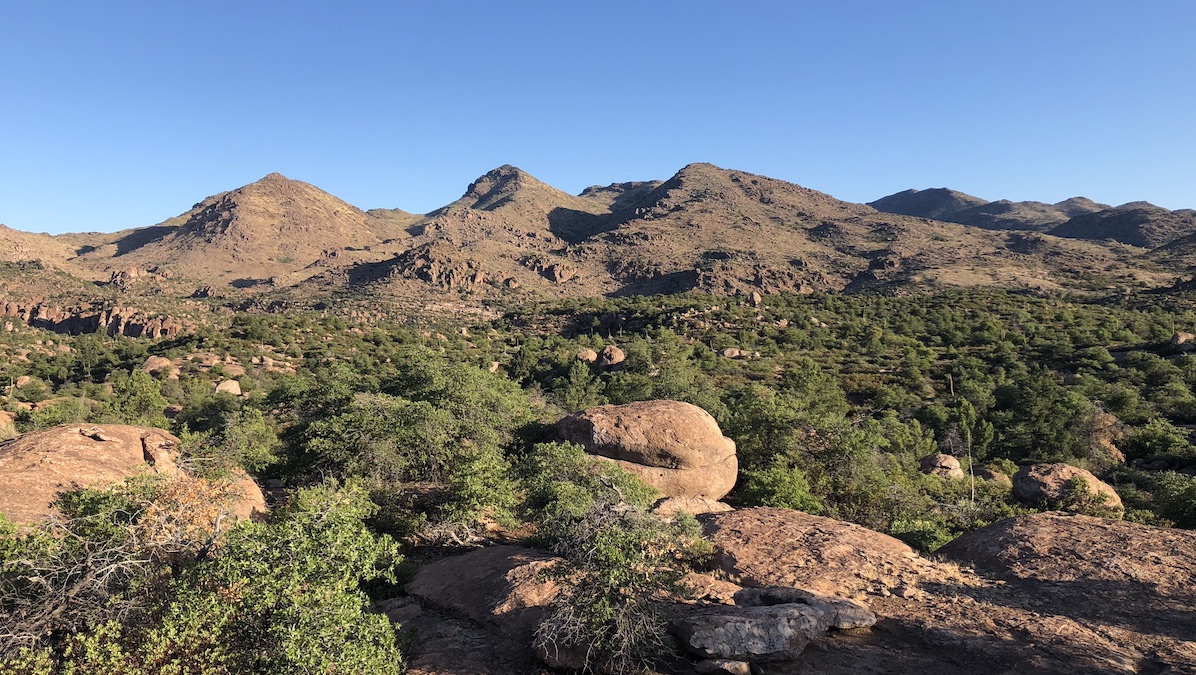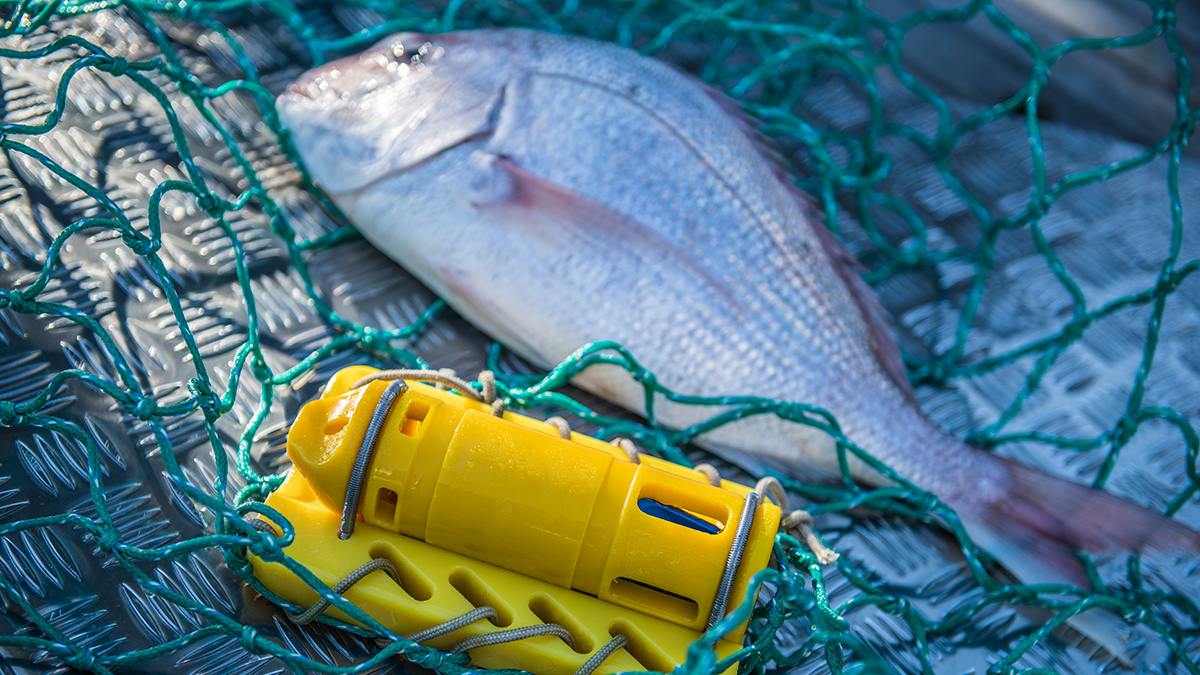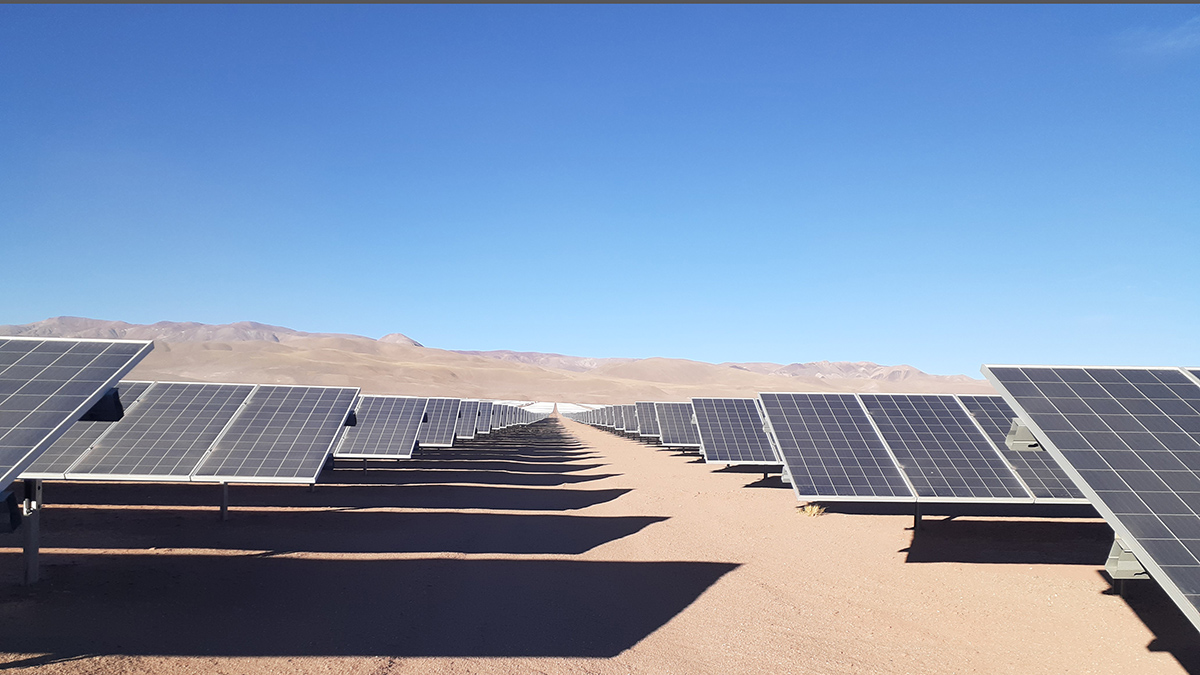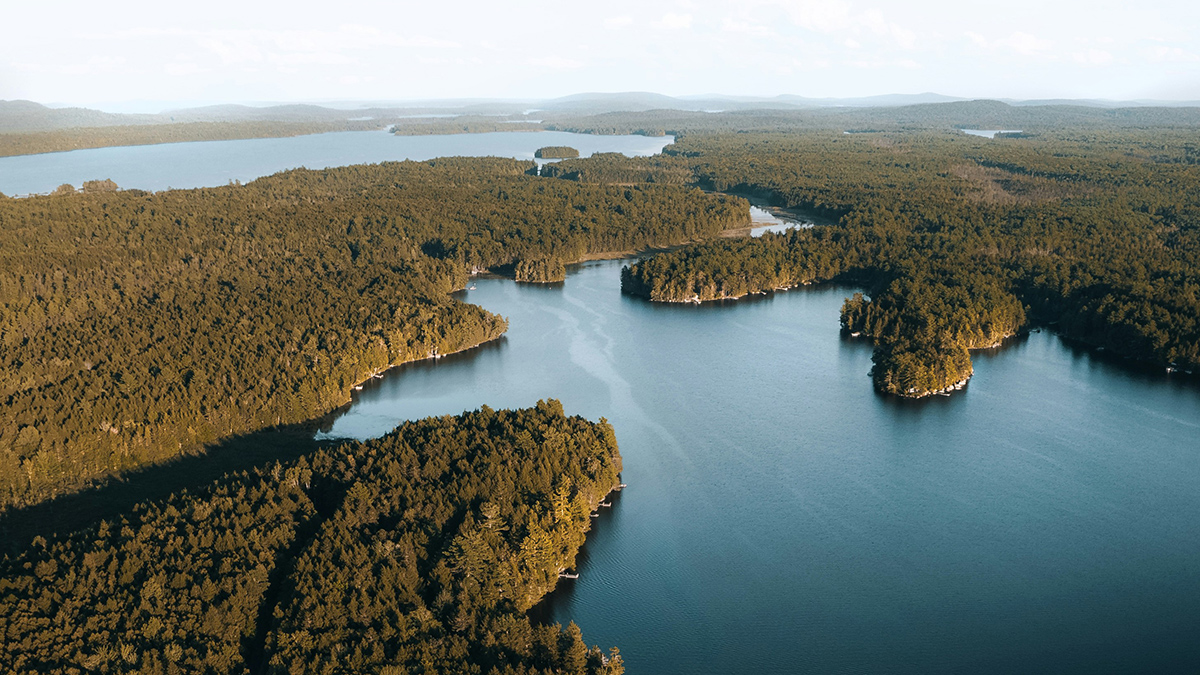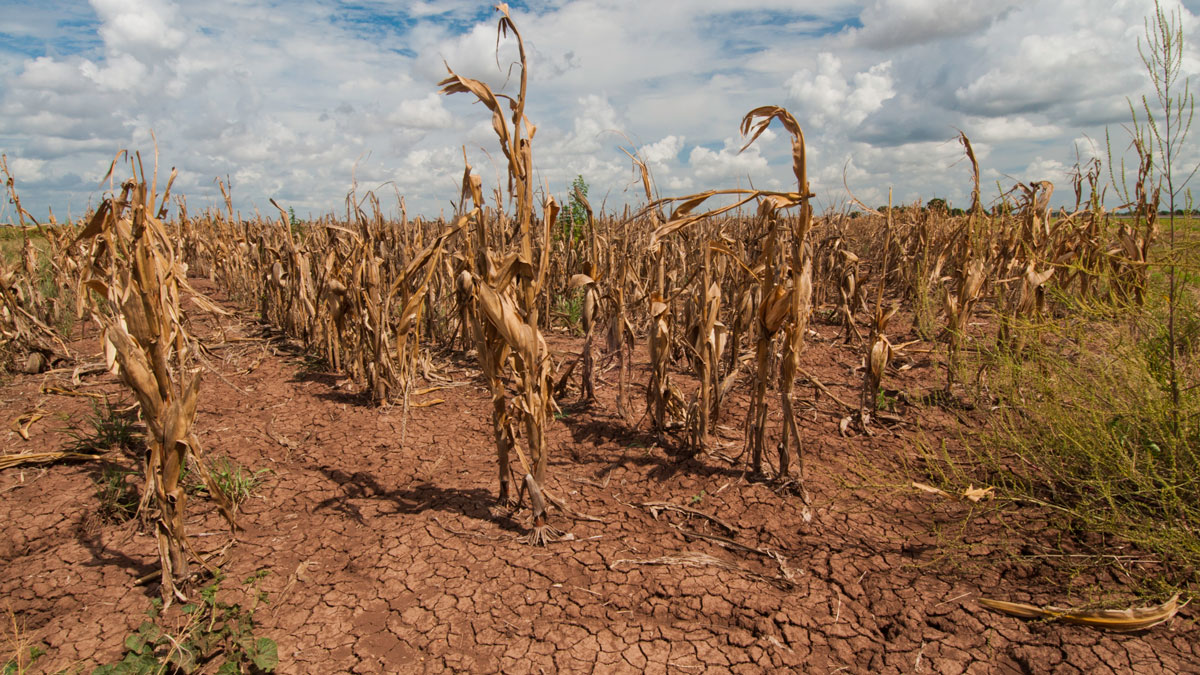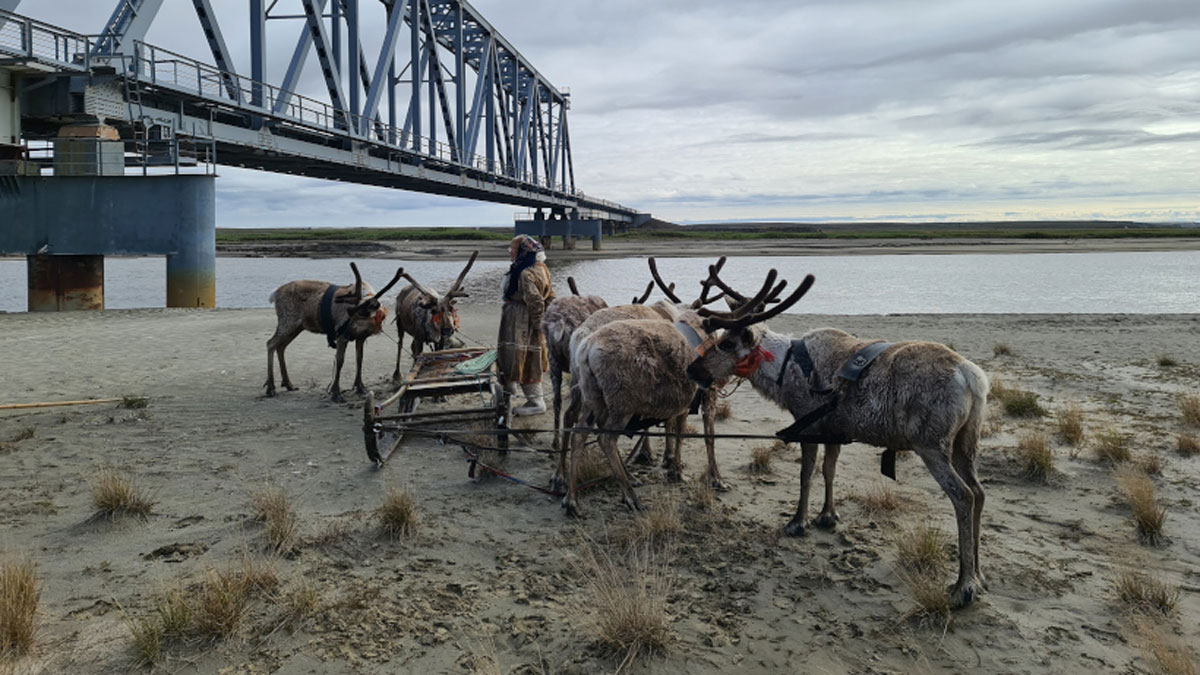Even with ventilation, commercial kitchens can have air pollution levels that exceed health-related limits.
business & industry
Flipping Ship FLIP Freed from Fateful Trip
A beloved research vessel will have a second career after an underwater technology company saved it from the scrapyard.
Here’s Why Resolution Copper Wants to Mine Oak Flat
Southeastern Arizona’s “Copper Triangle” is a hot spot for high-grade deposits, thanks to ancient magmatic activity.
The Career Issue: A Guide Through the Maze
Surrounding yourself with support can get you far.
Toxic Ethylene Oxide May Exceed Safe Levels in Cancer Alley
Concentrations of the cancer-causing chemical far surpass EPA threshold levels for safety in southeastern Louisiana.
The Moana Project Braids Tradition and Science for a More Sustainable Ocean
Scientists and Māori communities in Aotearoa New Zealand are gathering knowledge on marine conditions and ecosystems to protect livelihoods and help ensure a sustainable future for the blue economy.
Carbon Offset Programs Underestimate the Threat of Hurricanes
A single hurricane in New England could wipe out millions of metric tons of forest carbon.
Climate Change Is Likely to Slash Global Income
A new study estimates that climate change could cost $38 trillion per year, but emissions mitigation and adaptation strategies could limit future damages.
Convergence Science in the Arctic
Focusing on climate change and industrialization in Siberia’s Yamal Peninsula, researchers developed science questions that aim to reach far beyond any single discipline.


